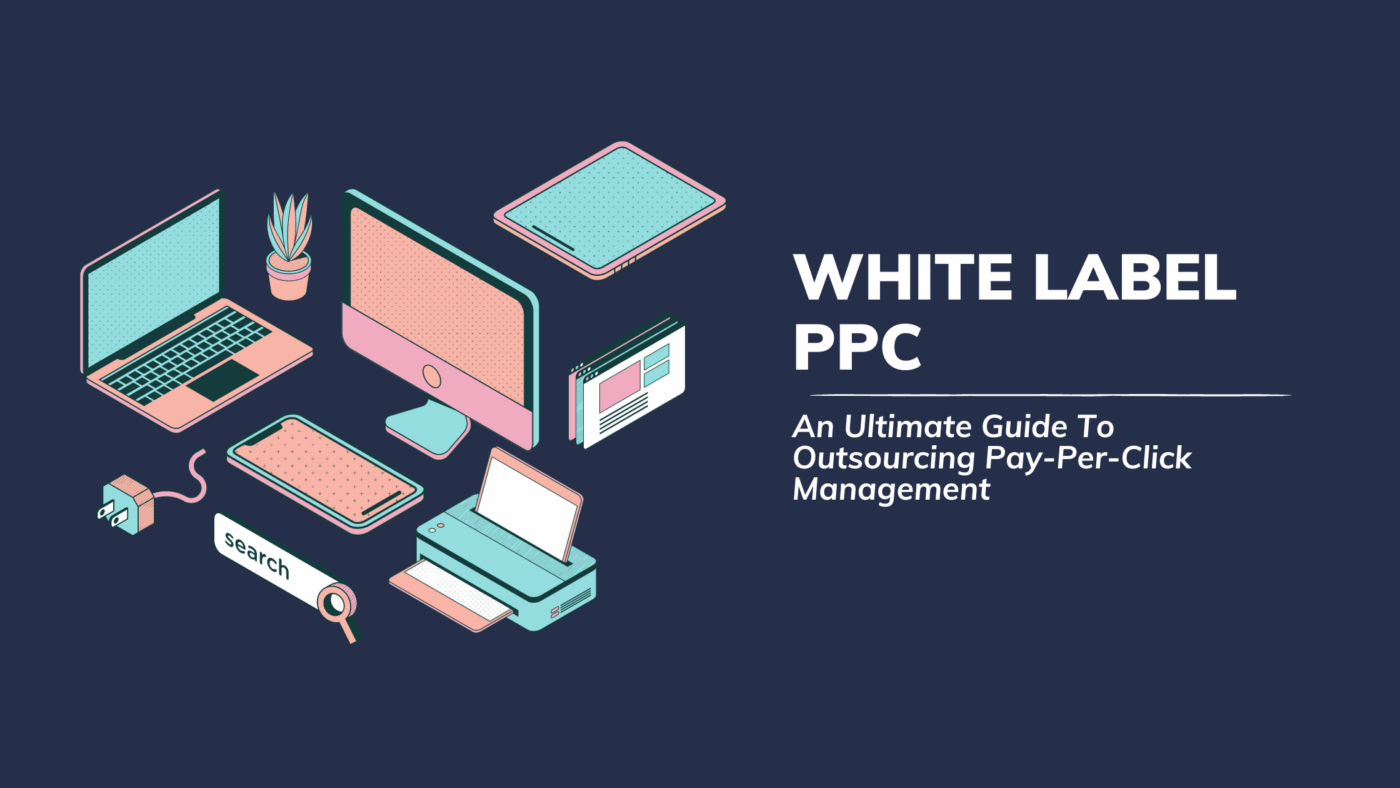White Label PPC Management

Introduction
In the dynamic digital marketing realm, Pay-Per-Click (PPC) advertising has become a crucial component in driving online business success. However, managing PPC campaigns isn’t a walk in the park, requiring specialized skills, time, and resources. This is where white label PPC management comes into play. It provides a cost-effective solution for agencies looking to offer quality PPC services to their clients without needing in-house expertise.
This guide will delve into the ins and outs of white label PPC management, its benefits, and best practices to follow for optimal success.

1. What is White Label PPC Management?
White label PPC management is an increasingly popular business model in the digital marketing landscape. It allows a company to offer a comprehensive suite of services, including PPC, without the need for direct expertise in each area. The concept is based on the premise of rebranding – a third-party service is purchased, and then rebranded and sold as if it were your own.
In the context of PPC, a company would hire a white label PPC management agency to run PPC campaigns for its clients. The agency works behind the scenes, conducting keyword research, creating ad copy, managing bids, optimizing campaigns, and generating reports. However, to the client, it appears as though the hiring company is executing the campaigns.
The Mechanics of White Label PPC Management
White label PPC management starts with understanding the client’s business model, target audience, and goals. This information is gathered by the reselling company and then passed onto the white label PPC provider.
Next, the white label provider embarks on campaign planning. This includes comprehensive keyword research to identify high-volume and low-competition keywords that are relevant to the client’s business. They also craft compelling ad copy, design landing pages optimized for conversions, and set up the campaign structure in the PPC platform, such as Google Ads or Bing Ads.
Once the campaigns are live, the white label provider manages them on an ongoing basis. This involves monitoring campaign performance, adjusting bids, testing ad copy, and implementing strategies to improve Quality Score and reduce cost-per-click (CPC).
Finally, the white label provider generates reports detailing campaign performance. These reports are rebranded by the reselling company and presented to the client. Importantly, the client is never aware of the involvement of the white label provider – as far as they’re concerned, the reselling company is managing their PPC campaigns.
The Ease of White Label PPC Management
White label PPC management is a versatile solution that can be used in various scenarios. It’s an excellent option for digital marketing agencies that want to expand their service offerings without hiring additional staff. It’s also beneficial for businesses that have a one-off need for PPC expertise, such as a promotional campaign or product launch.
Moreover, white label PPC management isn’t confined to any specific industry or business size. Whether it’s a local business looking to increase foot traffic, an e-commerce store aiming to boost online sales, or a B2B company seeking to generate leads, white label PPC management can be tailored to meet diverse needs.
In conclusion, white label PPC management offers a practical solution for companies to expand their services, improve client satisfaction, and increase revenue. By outsourcing the technical work to experts, businesses can focus on what they do best – building relationships with their clients and growing their business.

2. Why Agencies Should Consider White Label PPC Management
Expanding Your Service Offering
In the competitive digital marketing landscape, it’s essential for agencies to offer a wide range of services to meet the diverse needs of their clients. By opting for white label PPC management, agencies can instantly expand their service offering without investing in additional staff, tools, or training. This not only attracts a broader client base but also offers opportunities for upselling and cross-selling.
Enhancing Your Brand Reputation
Offering PPC services can significantly enhance an agency’s brand reputation. It positions the agency as a one-stop shop for all digital marketing needs, making it more attractive to potential clients. Moreover, since the white label provider works behind the scenes, the agency gets all the credit for the successful results of the PPC campaigns, which can further enhance its reputation.
Increasing Revenue and Profit Margins
White label PPC management can be a significant revenue generator for agencies. Since the white label provider handles the technical work, agencies can mark up the price of the services and earn a healthy profit. Plus, the cost of hiring a white label provider is often less than the cost of hiring and training an in-house team, which can further boost profit margins.
Scaling Your Business
White label PPC management offers a scalable solution for agencies. As your client base grows, you don’t have to worry about overstretching your resources or compromising the quality of your services. The white label provider can easily handle the increased workload, allowing your agency to grow and expand at its own pace.
Focusing on Your Core Competencies
By outsourcing PPC management, agencies can focus on their core competencies, whether that’s SEO, content marketing, web design, or client relationship management. This ensures that the agency’s resources and efforts are concentrated on what it does best, leading to better results and higher client satisfaction.
Access to Expertise and Advanced Tools
White label PPC providers are experts in their field, staying up-to-date with the latest trends, algorithms, and best practices. By partnering with a white label provider, agencies gain access to this expertise. Moreover, these providers often have advanced tools and software for keyword research, bid management, ad testing, and analytics, which can lead to more effective and efficient PPC campaigns.
In conclusion, white label PPC management offers numerous benefits for agencies, from expanding service offerings and enhancing brand reputation to increasing revenue and accessing expert knowledge. It’s a cost-effective and efficient way for agencies to meet the growing demand for PPC services and stay competitive in the digital marketing landscape.

3. Best Practices for White Label PPC Management
1. Vet Your White Label Provider Thoroughly
Before partnering with a white label provider, perform due diligence. Check their track record, ask for case studies or client testimonials, and get a sense of their expertise and reliability. A good provider will have a proven track record in managing successful PPC campaigns.
2. Maintain Open and Transparent Communication
Clear communication is essential in any business relationship, and white label PPC is no exception. Ensure you have regular check-ins with your provider to discuss campaign progress, performance metrics, and any potential issues. The provider should be proactive in their communication and always keep you in the loop.
3. Clearly Define Roles and Expectations
At the start of the relationship, clearly define roles, responsibilities, and expectations. This includes who will handle client communication, how often reports will be provided, the metrics that will be focused on, and the procedures for handling any issues or problems.
4. Ensure Confidentiality and Professionalism
Your white label provider should understand and respect that they’re working behind the scenes. Confidentiality should be paramount, and they should maintain a high level of professionalism at all times.
5. Customize PPC Strategies
The white label provider should understand that each client is unique, with different goals, target audiences, and competitive landscapes. As such, they should customize PPC strategies to suit the individual needs of each client, rather than using a one-size-fits-all approach.
6. Focus on ROI
Return on investment (ROI) is a crucial metric in PPC campaigns. The white label provider should not only focus on driving traffic but also converting that traffic into leads or sales. They should constantly monitor and tweak campaigns to maximize ROI.
7. Continual Learning and Adaptation
The digital marketing landscape is ever-changing. Your white label provider should stay abreast of the latest PPC trends, algorithm changes, and best practices. They should be willing to learn, adapt, and innovate to ensure your clients’ PPC campaigns remain effective and competitive.
8. Provide Comprehensive Reporting
Reporting is essential in PPC management. Your white label provider should offer comprehensive, easy-to-understand reports that detail campaign performance. This helps you keep your clients informed and make data-driven decisions.
In conclusion, following these best practices can help ensure a successful and productive relationship with your white label PPC Management provider. It allows your agency to deliver high-quality PPC services to your clients, leading to higher client satisfaction and retention, and ultimately, business growth.




